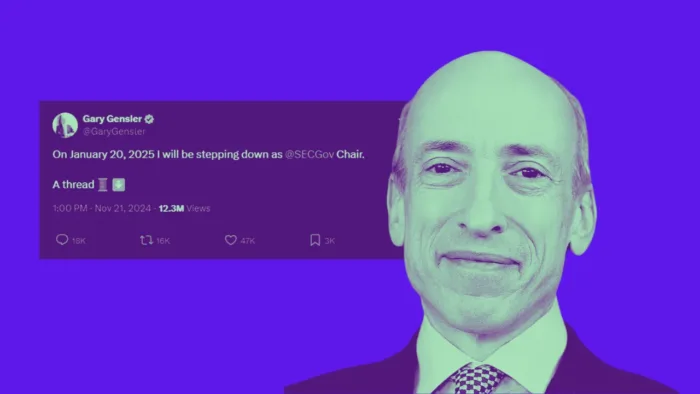In order to prevent a potential U.S. debt default, House Republicans are casting doubt on the Treasury Department’s June 1 deadline and calling for more openness. During a news conference, House Majority Leader Steve Scalise emphasized his worries about the deadline’s lack of clarity. He questioned the methodology used to determine the date and made the argument that it might not be as accurate as claimed.
Scalise also cited recent remarks by Treasury Secretary Janet Yellen, pointing out that they suggested some latitude with regard to the deadline of June 1. The idea of exceptional steps to gain additional time and avert default was not mentioned in Yellen’s last letter to congressional leaders, which was left out in her most recent message to them.
Republicans in the House like Scalise have expressed doubts about the timetable, but Speaker Kevin McCarthy has not. McCarthy’s office emphasized the need for President Joe Biden to quickly negotiate a prudent agreement to extend the debt ceiling by reiterating that the deadline for negotiations is still June 1.
Debt limit negotiators are concentrating on a smaller number of crucial topics in the midst of these discussions. Among them are adjustments to energy permitting, the introduction of new work standards for specific types of government aid, and the redistribution of unspent money from Covid-19 emergency programs. On these particular issues, the goal of negotiation is to reach a compromise.
Although President Biden and House Speaker McCarthy had a fruitful meeting, no agreement to lift the debt ceiling has yet been achieved. Time is running out to find a solution with only nine days remaining until the possibility of a potentially disastrous national debt default.
McCarthy allegedly said they were “nowhere near a deal” at the weekly conference call of House Republicans. He encouraged the caucus to support his final decision and maintain its unity.
The question of spending continues to be the main barrier to agreement. Rep. Patrick McHenry, a Republican negotiator, highlighted that cutting spending is the key issue and that the agreement should support Speaker McCarthy’s call for spending less money next year than is being spent now.
President Biden wants to reach a debt ceiling agreement that lasts past the 2024 election. However, if Biden requests a longer extension, House Republicans, who have only supported a one-year increase thus far, will demand further budget cuts.
The parties are still working to find a solution that tackles the debt problem and ensures the stability of the country’s finances as the deadline approaches.






